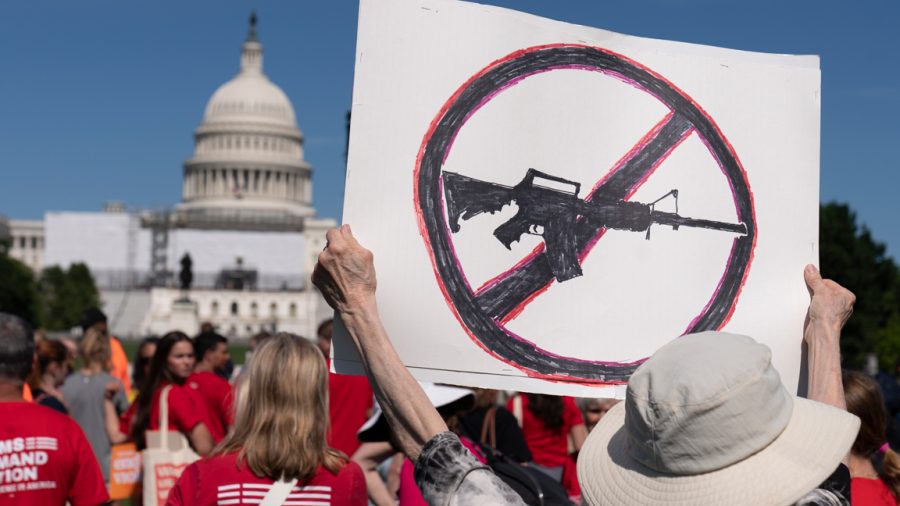Democrats and Republicans are no closer to agreeing on a budget. Nor are both parties showing signs of settling for a compromise.
In an attempt to end the budget deadlock now and for future generations, Democratic politicians have begun pushing for the passage of Proposition 25.
Prop 25 would remove the two-thirds majority required by the California legislature to pass financial bills. This two-thirds majority provision dates to 1978’s Proposition 13, which in addition to creating the two-thirds majority, capped property tax increases.
This week Republican Governor Arnold Schwarzenegger denounced the attempt by Democratic lawmakers and their labor union allies as, “a majority vote for tax increases.”
Democrats have their hands full halting Governor Schwarzenegger’s proposals close the deficit such as riding the CalPERS state pension fund to the tune of $2 billion.
Democratic Assembly Speaker John A. Pérez of Los Angeles, while supportive of pension reform to increase CalPERS efficiency, he does not believe the Democrats can agree to Republican proposals without angering their core constituency of union interests and social progressive interests.
“I’m not sure that we’ll agree on every element of the governor’s demands, but I think that we’ll see pension reform that in the end we can all agree to,” says Pérez.
In an effort to break the impasse, which prevents the budget from being passed, Democratic Senate President Pro Tem Darrell Steinberg of Sacramento has proposed a “tax swap” which would see raising vehicle licensing fees and income tax in exchange for lowering the sales tax.
While California’s Legislative Analyst’s Office (LAO) has indcated that this “tax swap” would increase taxes on California’s middle class Steinberg disagrees with this observation.
“The LAO asks, will taxes be lower after next year’s 1-cent tax cut goes into effect as a result of our plan? I ask a different question. If you compare what people are paying today, and we implement our tax reform proposal, will people across income levels pay lower taxes? And we believe the answer is yes,” says Steinberg.
Hitting closer to home, California’s public higher education system is already feeling the affects of the lack of a state budget. State provided grants and scholarships such as Cal Grants have fallen victim to the hatchets of both parties.
Over 335,500 students will qualify for Cal Grants this Fall but without a settled budget the state had indicated that it will not be sending out any grants for the 2010-2011 school year without a budget in place.
With the state aid in a rut, student financial aid now relies on grants from the Federal government. If State aid should resume it will be the central administration of the UC, CSU, and Community College systems that will decide where aid will go on a campus-to-campus basis.
When asked about how much funding Cal State East Bay would receive from the State bailout passed by Congress two weeks ago, a representative from the Administration and Finance Department said, “The State does not allocate money directly to each campus, but rather to the CSU.”
Until California’s legislators come to an agreement, not only will California’s student population suffer, the state as a whole might very well grind to a halt once the money allocated in the 2009-2010 budget runs out.











